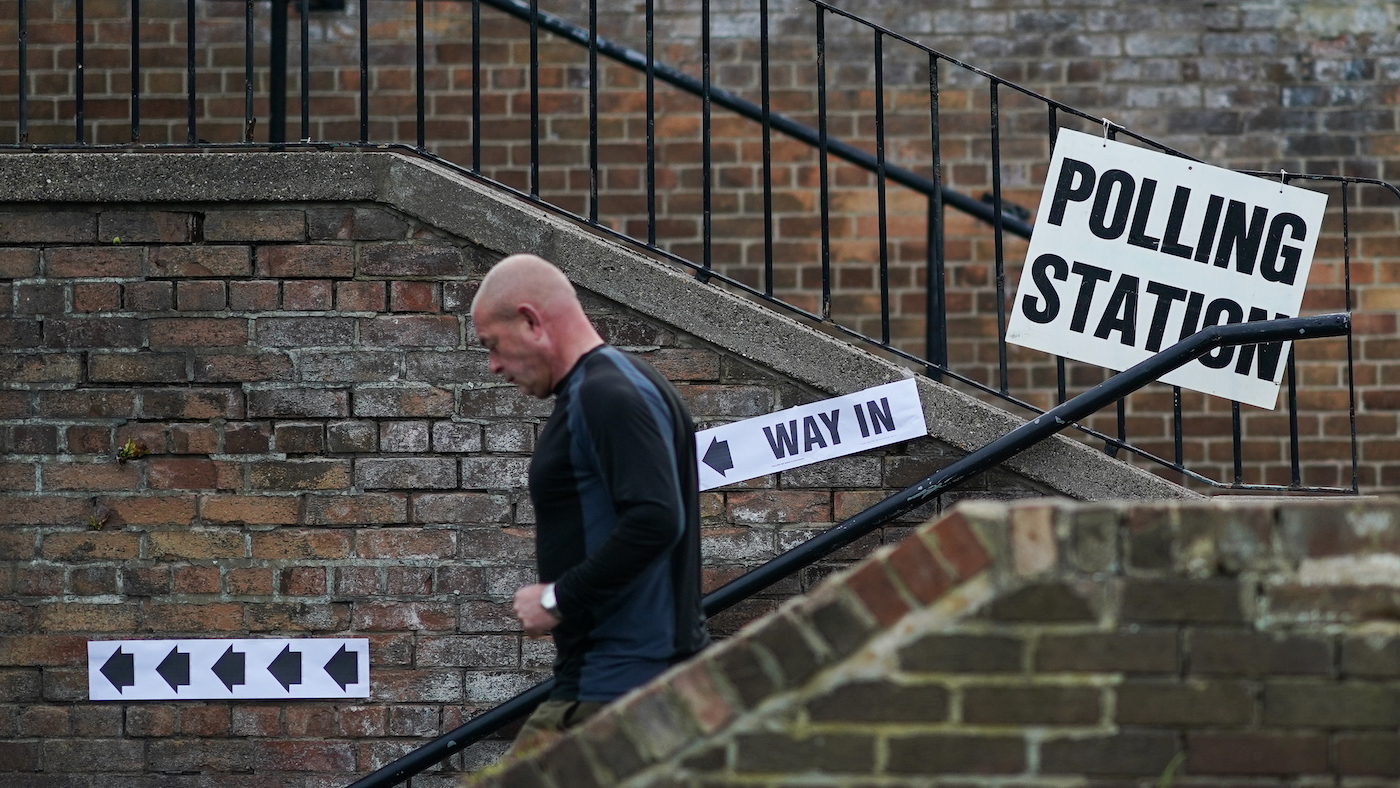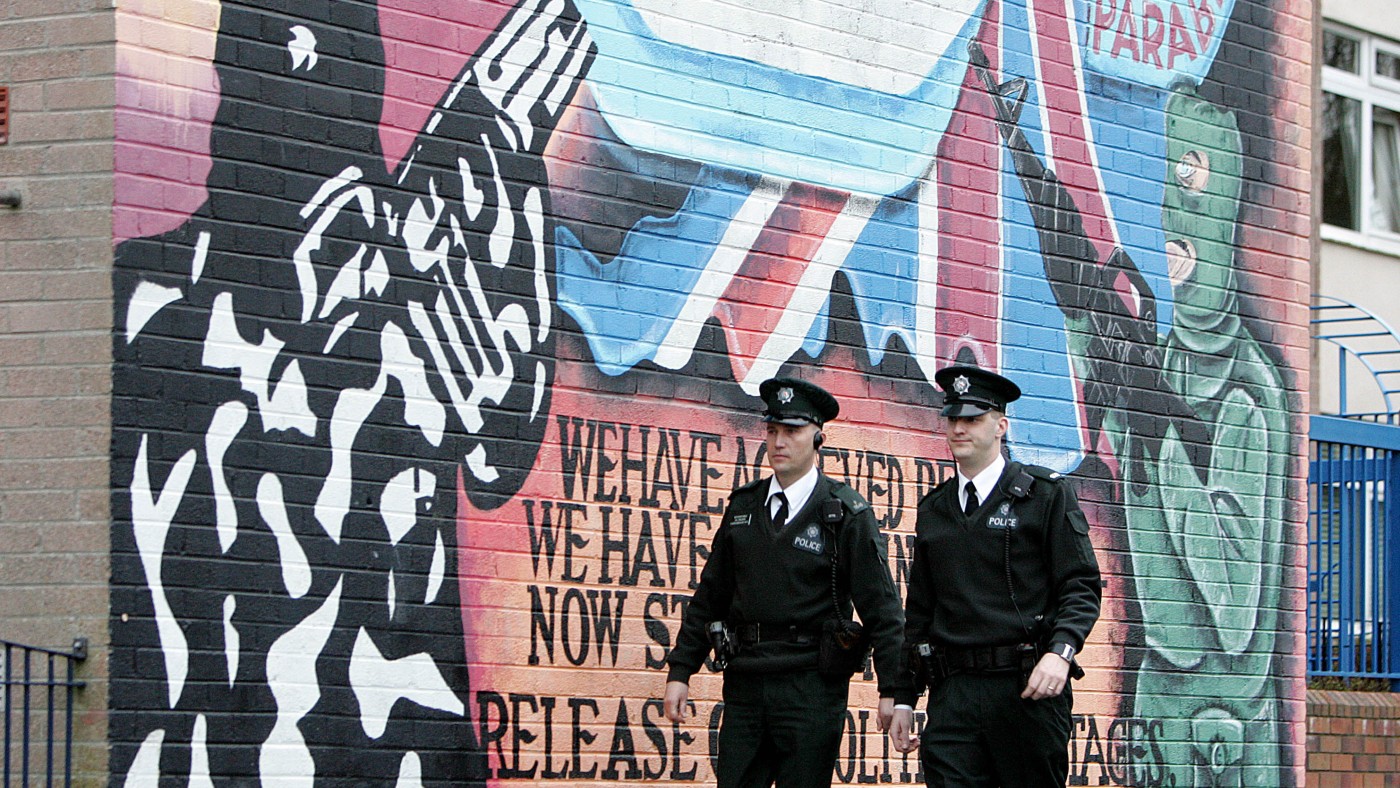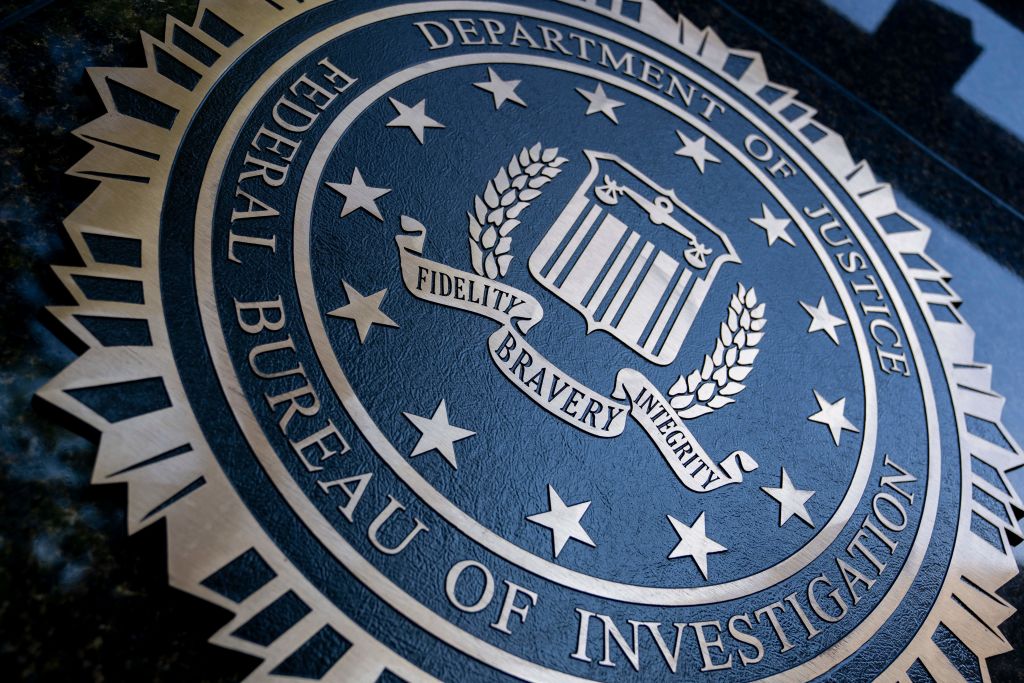Russia blamed for cyberattack that exposed UK voters’ data
Electoral Commission has not formally identified ‘hostile actors’ behind massive breach but experts say Russians ‘top suspect list’

A free daily email with the biggest news stories of the day – and the best features from TheWeek.com
You are now subscribed
Your newsletter sign-up was successful
UK intelligence services have reportedly “found evidence” linking Russia to a cyberattack that exposed the data of up to 40 million voters.
According to The Telegraph, the 2021 attack on the Electoral Commission, which was revealed on Tuesday, is believed to be an attempt by Russians to “undermine democracy”. But following a ten-month inquiry, “there is no evidence at this stage of links to the Kremlin”, The Times reported.
Former GCHQ director David Omand and former MI6 chief Richard Dearlove told BBC Radio 4’s “Today” programme that Russia would be “top” of their “suspects list”, given the country’s previous involvement in cyberhacking attacks on Western nations. The Internet Research Agency, a “troll farm” founded by Yevgeny Prigozhin, head of Russia’s Wagner mercenary group, has previously been accused of meddling in elections “on the Kremlin’s behalf”, The Times noted.
The Week
Escape your echo chamber. Get the facts behind the news, plus analysis from multiple perspectives.

Sign up for The Week's Free Newsletters
From our morning news briefing to a weekly Good News Newsletter, get the best of The Week delivered directly to your inbox.
From our morning news briefing to a weekly Good News Newsletter, get the best of The Week delivered directly to your inbox.
The data leak took place in August 2021 but was not detected until October 2022, reportedly after signs of ransomware were found. The Electoral Commission this week apologised for the breach and said that cybersecurity chiefs from GCHQ had been called in to investigate and secure its systems. Investigators did not “know conclusively what files may or may not have been accessed”, the commission admitted, but “much of the data” was already “in the public domain”.
The watchdog did not formally identify the “hostile actors” behind the “complex cyberattack”, however.
The attack represents the “biggest data breach in UK history”, said the Daily Mail. The “criminals” gained access to electoral registers that listed the names and addresses of anyone in the UK signed up to vote between 2014 and 2022, as well as registered overseas voters.
How the hack on “the UK’s most important election body” went undetected for more than a year “remains unclear”, said The Telegraph, and raises “major questions about security”.
A free daily email with the biggest news stories of the day – and the best features from TheWeek.com
Richard Windsor is a freelance writer for The Week Digital. He began his journalism career writing about politics and sport while studying at the University of Southampton. He then worked across various football publications before specialising in cycling for almost nine years, covering major races including the Tour de France and interviewing some of the sport’s top riders. He led Cycling Weekly’s digital platforms as editor for seven of those years, helping to transform the publication into the UK’s largest cycling website. He now works as a freelance writer, editor and consultant.
-
 Tourangelle-style pork with prunes recipe
Tourangelle-style pork with prunes recipeThe Week Recommends This traditional, rustic dish is a French classic
-
 The Epstein files: glimpses of a deeply disturbing world
The Epstein files: glimpses of a deeply disturbing worldIn the Spotlight Trove of released documents paint a picture of depravity and privilege in which men hold the cards, and women are powerless or peripheral
-
 Jeff Bezos: cutting the legs off The Washington Post
Jeff Bezos: cutting the legs off The Washington PostIn the Spotlight A stalwart of American journalism is a shadow of itself after swingeing cuts by its billionaire owner
-
 Scattered Spider: who are the hackers linked to M&S and Co-op cyberattacks?
Scattered Spider: who are the hackers linked to M&S and Co-op cyberattacks?The Explainer 'Decentralised and adaptive', the group's mainly English-speaking members operate like an 'organised criminal network'
-
 North Korea may have just pulled off the world's biggest heist
North Korea may have just pulled off the world's biggest heistUnder the Radar Hermit kingdom increasingly targets vulnerable cryptocurrency, using cybercrime to boost battered economy and fund weapons programmes
-
 The new powers to stop stalking in the UK
The new powers to stop stalking in the UKThe Explainer Updated guidance could help protect more victims, but public is losing trust in police and battered criminal justice system
-
 PSNI breach: is the UK taking data security seriously enough?
PSNI breach: is the UK taking data security seriously enough?Today's Big Question Accidental release of personal details of 10,000 Northern Irish police employees could have lethal consequences
-
 ‘Pig butchering’ and dodgy apps: four convincing scams to watch out for
‘Pig butchering’ and dodgy apps: four convincing scams to watch out forSpeed Read Consumer watchdog warns cybercriminals are becoming ‘more sophisticated’
-
 Dark web marketplace that sold bank-hacking bots seized by FBI
Dark web marketplace that sold bank-hacking bots seized by FBISpeed Read
-
 DOJ warns of spike in 'sextortion' cases targeting underage boys
DOJ warns of spike in 'sextortion' cases targeting underage boysSpeed Read
-
 How Scotland Yard took down iSpoof in UK’s biggest ever fraud investigation
How Scotland Yard took down iSpoof in UK’s biggest ever fraud investigationSpeed Read Thousands of victims robbed of £10,000 each on average by scammers posing as banks and trusted sources